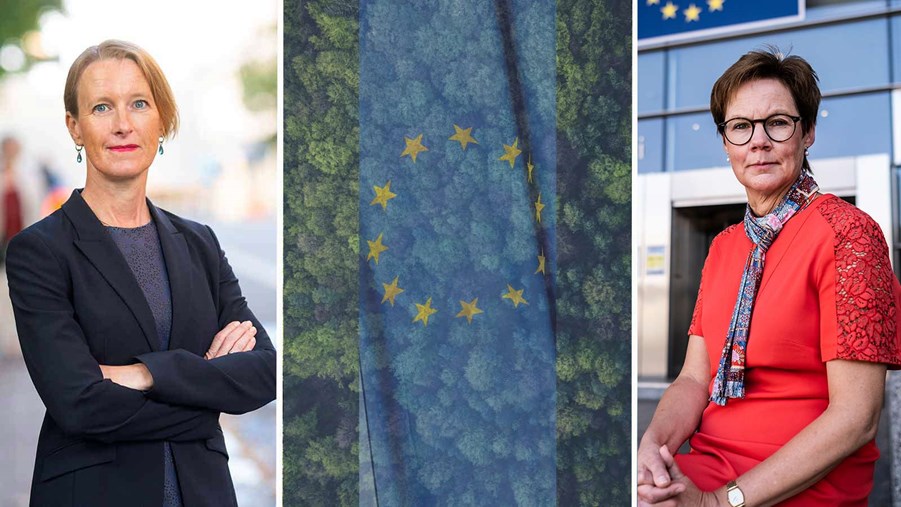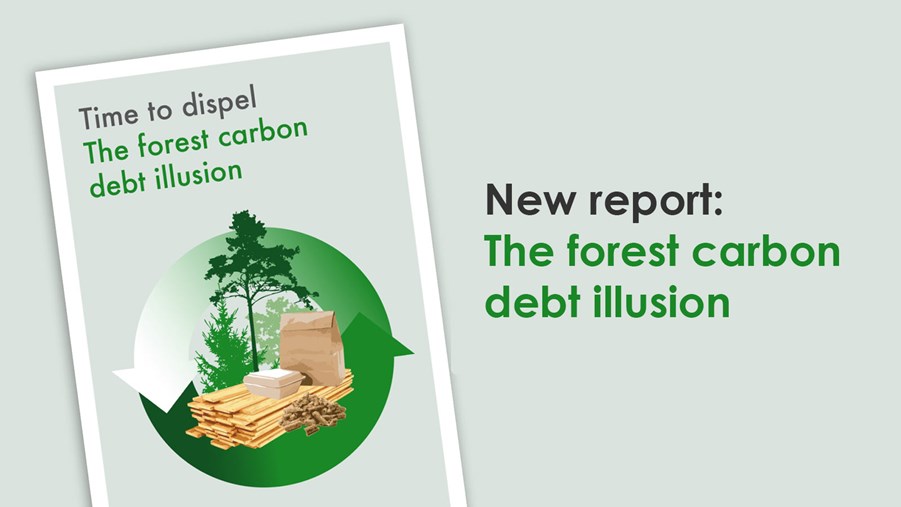
Forests and forest-based products and energy are essential in the green transformation. To meet the 2030 and later also 2050 climate objectives, the Swedish forest industries want to increase its already substantial contribution even further but are concerned that the Fit-for-55-package will not create the right conditions for this.
On 14 July, the Commission presented its Fit-for-55 package including a total of eleven policy initiatives, which define the route forward for the European Union to reach its climate objectives. A twelfth proposal, a revised EU Forest Strategy, was mentioned at the Commission’s press conference, but is not yet published.
“We all acknowledge the vital importance of Europe meeting its climate objectives. The Swedish forest industry is already making substantial contributions, but we want to do more. We notice EVP Timmermans statement how important it is that today’s proposals create unity, encouragement, and engagement, but we are afraid that this might not be the case for our us. Instead we are concerned about a too strong focus on forests as carbon sinks and not enough recognition of the climate benefit of all wood-based products. We also notice revised sustainability criteria for forest biomass, more stringent exclusion of EU ETS installations using biomass and potentially cost-driving measures in transportation”, says Viveka Beckeman, Director General of the Swedish Forest Industries.
In the climate and energy areas, forests and forest-based industries contribute in multiple ways. By actively managing forests, carbon is sequestered and stored. By offering wood-based products, fossil alternatives or products with high emissions can be replaced. According to a 2020 report commissioned by Cepi, European forests and forest-based products remove or avoid a net 800 million tons of CO2 equivalents per year - a full fifth of EU emissions. For Sweden alone, a net 93 million tons of CO2 equivalents per year is removed or avoided. Thanks to continuous investments in low-carbon technologies, the Swedish forest industries’ internal production processes are already 96 percent fossil free. By increasing production of advanced biofuels, the decarbonization of the transportation sector is on-going.
“To assure that the Swedish forest industry can continue to contribute, we need policies that promote forest growth and sustainable forest management, stimulate innovation and investments, secure industrial competitiveness and reward those already at the front of the green transition. It is equally important to secure fairness between industrial sectors and Member States – no stakeholder should be requested to bear the burden of others not addressing their fossil emissions”, says Anna Holmberg, Director and Head of the Brussels office for the Swedish Forest Industries.
Six of the presented proposals directly affect the Swedish Forest Industries and a few more indirectly. Of highest importance are the EU ETS, the LULUCF, the Energy Tax Directive and the Renewable Energy Directive but also initiatives focusing on energy efficiency and decarbonization of transports. Also, the revised EU Forest Strategy is of very high relevance, once published
“We still need to analyze and quantify details in all relevant proposals. We will very closely follow the upcoming negotiations in the European Parliament and the Council to assure that we also in the future can manage and use our forests, that the full benefits of our products are acknowledged and that our global competitiveness is secured”, concludes Anna Holmberg.




